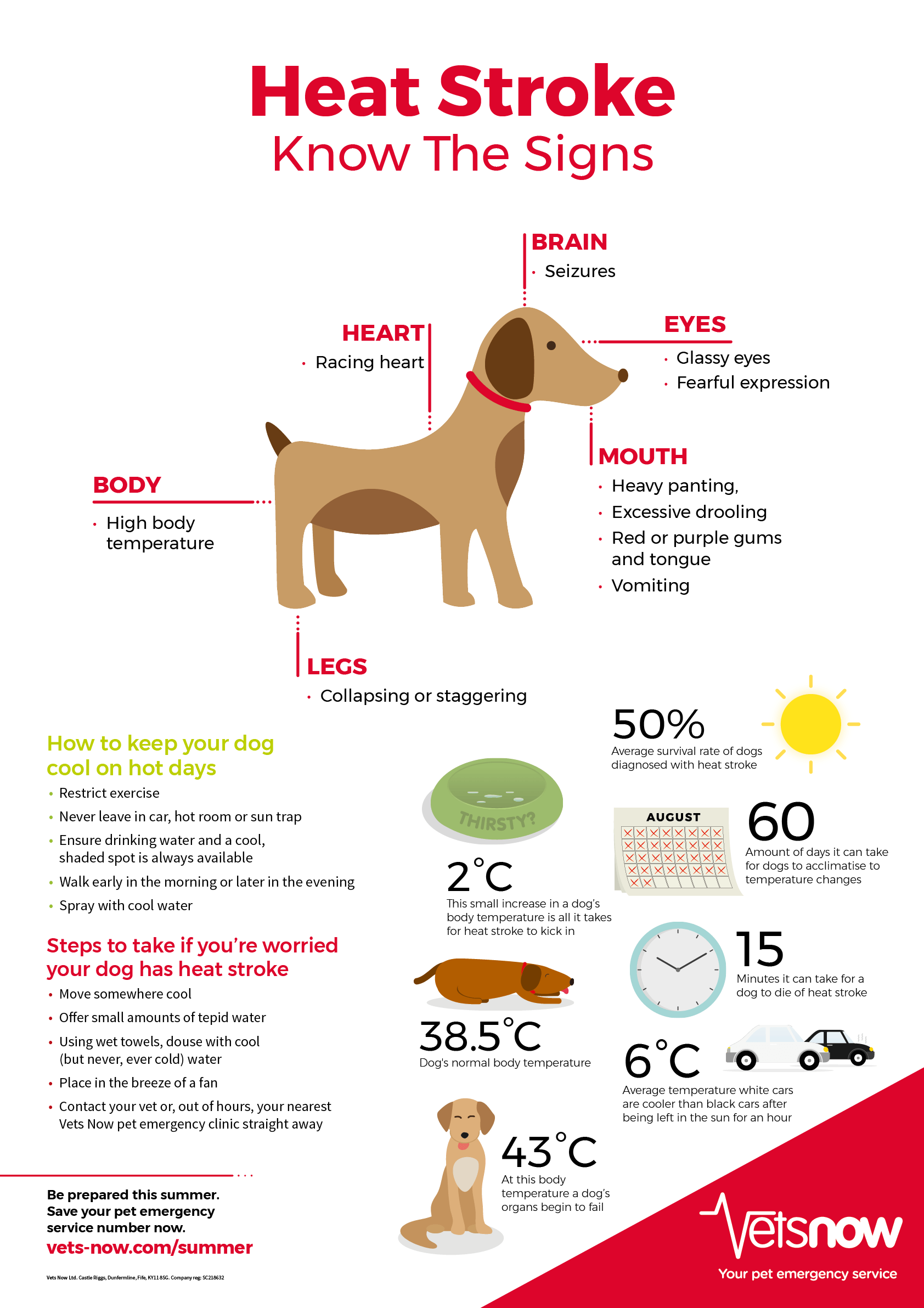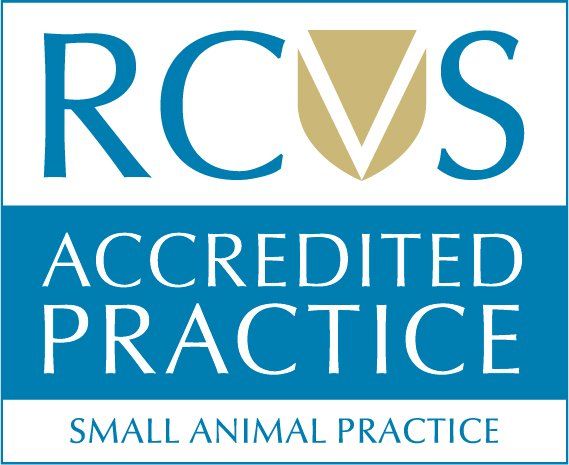Caring for your pets this summer
With temperatures beginning to rise, the great British summer is finally here! But what does that mean for your pets?
We all love the summer sun and want to enjoy it, our pets included. Here's how you can keep your pets safe, comfortable and enjoy the summer together.
How to keep your dog safe
- Never leave your dog in a car
- Do not exercise your dogs in the heat of the day
- Plan walks at cooler times of the day
- Have plenty of water available
- Ensure plenty of shade available
- Keep the dogs out of direct sunlight
- Ensure white dogs have suncream applied
Seasonal hazards
Every
season poses different threats and dangers and summer is no
different. The first hazard is parasites
.
In summer parasites can be found in their highest numbers. Ticks,
fleas and worms are rife throughout the summer months and can cause a
real problem for you and your pet.
There
are many ways to protect your pets from parasites, we recommend
preventative health care.
At Jurassic vets and run FREE PARASITE CHECKS with our vets which allows us to prescribe prescription only medication. Our nurses are also available to discuss the options of preventative parasite treatments, and find a combination which suits you and your pet.
It is also important to check yourselves for ticks, particularly around your ankles, legs and even abdomen. We can sell you a tick remover if you want to be prepared. It is important to be sure that the entire tick is removed, including head. So pop in and see us if you'd like some guidance.
Living in Devon we are lucky to have an abundance of wildlife just on our door step. However they also bring a risk to our pets.
Adders
can be
found all over the UK, in particular in long grasses. Dogs love
exploring and tend to wade through the long grass head first. They
are therefore more likely to get bitten on their head, face, neck or
front legs. This can cause swelling, breathing difficulties and can
potentially be life threatening.
IF YOU'RE CONCERNED ABOUT ADDERS PLEASE GIVE US A CALL ON 01395 208620 OR POP IN FOR A CHAT.
You could also visit our website for 'Adder advice' in the news
section.
Bees, wasps and
biting insects
are also in
abundance at this time of year. This increases the chances of your
dog or cat being bitten or stung whilst out and about. If this is the
case you may notice some localised swelling or irritation in that
area. Some animals will have an anaphlyactic reaction.
Signs include:
Swelling around the face, eyes, mouth and even genitalia
Generally itchy all over
Raspy breathing
Hive
IF YOU EXPERIENCE THIS WITH YOUR PET, YOU MUST CONTACT THE SURGERY IMMEDIATELY!
Dogs in the heat
Dogs can also suffer from heat stroke, just like us. Heat stroke can develop quickly when exposed to high temperatures, humidity and poor ventilation.
Worryingly heat stroke can be fatal in as little as 15 minutes! If you are concerned, contact us immediately.
Who's more at risk?
- Puppies
- Elderly dogs
- Dogs with a thick, long coat
- Dogs with heart or respiratory issues
- Breeds with narrow or flat faces
JURASSIC VETS SIDMOUTH
01395 208620
contact@jurassicvets.com
12 Woolbrook Road
Sidmouth, EX10 9UU
OPENING HOURS
- Mon - Fri
- -
- Saturday
- -
- Sunday
- Closed
JURASSIC VETS COLYTON
01297 613000
contact@jurassicvets.com
Town Mill,Rosemary Lane
Colyton, EX24 6LS
OPENING HOURS
- Mon, Fri
- -
- Tue - Thu
- -
- Sat - Sun
- Closed
Jurassic Vets Limited - registered in England and Wales | Company Registration Number 12993183 | Registered Office: 12 Woolbrook Road, Sidmouth, Devon, EX10 9UU







